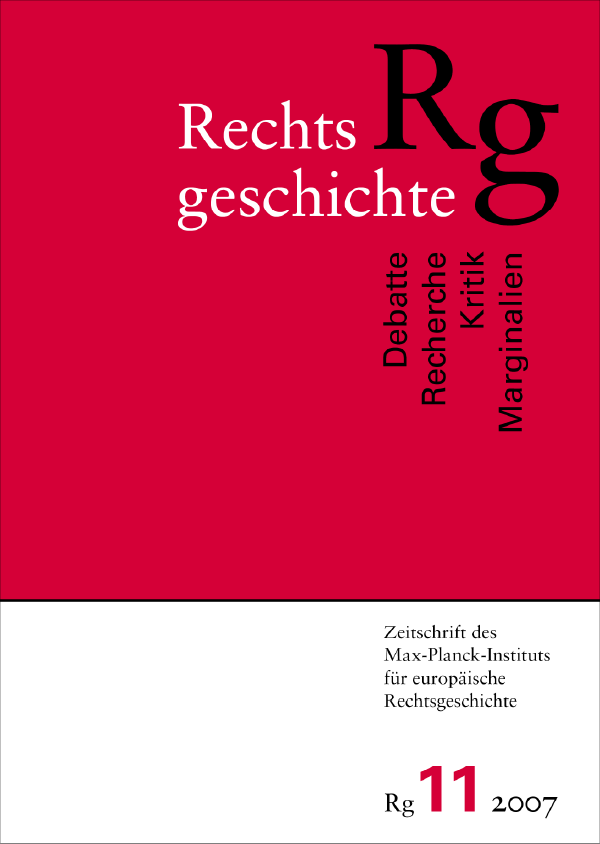Deep Inside the Bramble Bush: Complex Orders and Humanities
DOI:
https://doi.org/10.12946/rg11/172-178Abstract
In this article, Hayek’s theory of spontaneous complex orders – created to challenge state intervention in the market domain – is used to defend the independence of humanities against the currently dominant scientism, which is seen as an attempt to destroy the standards of the humanities and replace them with standards derived from the so-called »hard sciences«. Hayek and his successors have shown us that the social sciences in general and law in particular have to be conceived with reference to the historicity of institutions, as evolutionary orders displaying creativity, rhythm and antagonism. Their main conclusion has been that models which can be used for understanding and manipulating human orders are either more complex than or as complex as the phenomenon under study. This proves that philology and classical human studies are better suited to understanding cultural orders – including law – than modern scientific modelbuilding. It follows that the pretension of modern scientism is illegitimate and that, conversely, the claim of the humanities to maintain their own standards becomes entirely legitimate.
Downloads
Veröffentlicht
Zitationsvorschlag
Ausgabe
Rubrik
Lizenz
Copyright (c) 2007 Autor/in

Dieses Werk steht unter einer Creative Commons Namensnennung - Nicht-kommerziell - Keine Bearbeitung 3.0 International -Lizenz.





